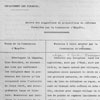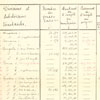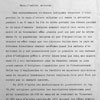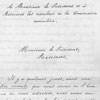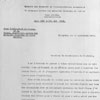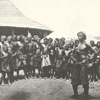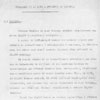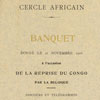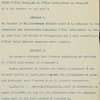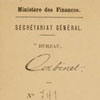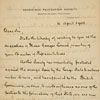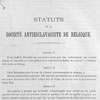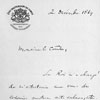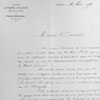Benefits not for everyone
The Black Man’s Burden
Was the colonisation also a success story for the African people? Colonialism had been imposed on the indigenous population and resulted in abominable consequences. When Leopold II decided in 1889 that all unprocessed land was now state-owned, the locals lost hunting and arable lands, fishponds, religious areas and common land. Large parts of the territory were granted as concessions to big businesses, which amply filled the wallet of Leopold II. The population merely received a pittance. Whole village communities were forced to move in order to make way for the exploitation. In a first stage, the Westerners took over existing ivory businesses from numerous distributors. Then, the cultivation of rubber trees and oil palms was intensified. Big concession companies such as Anglo-Belgian Indian Rubber Company (ABIR) and Anversoise worked closely together with the state authorities and the colonial army in order to ruthlessly constrain the local population to harvest rubber and oil. The construction of the railway from Matadi to Kinshasa cost many lives among the indigenous population and the labour forces imported form Asia. Besides forced labour, diseases introduced from Europe also caused many victims among the population. There are no exact figures about the number of victims. However, it is largely assumed that it must have been a six-digit number.



